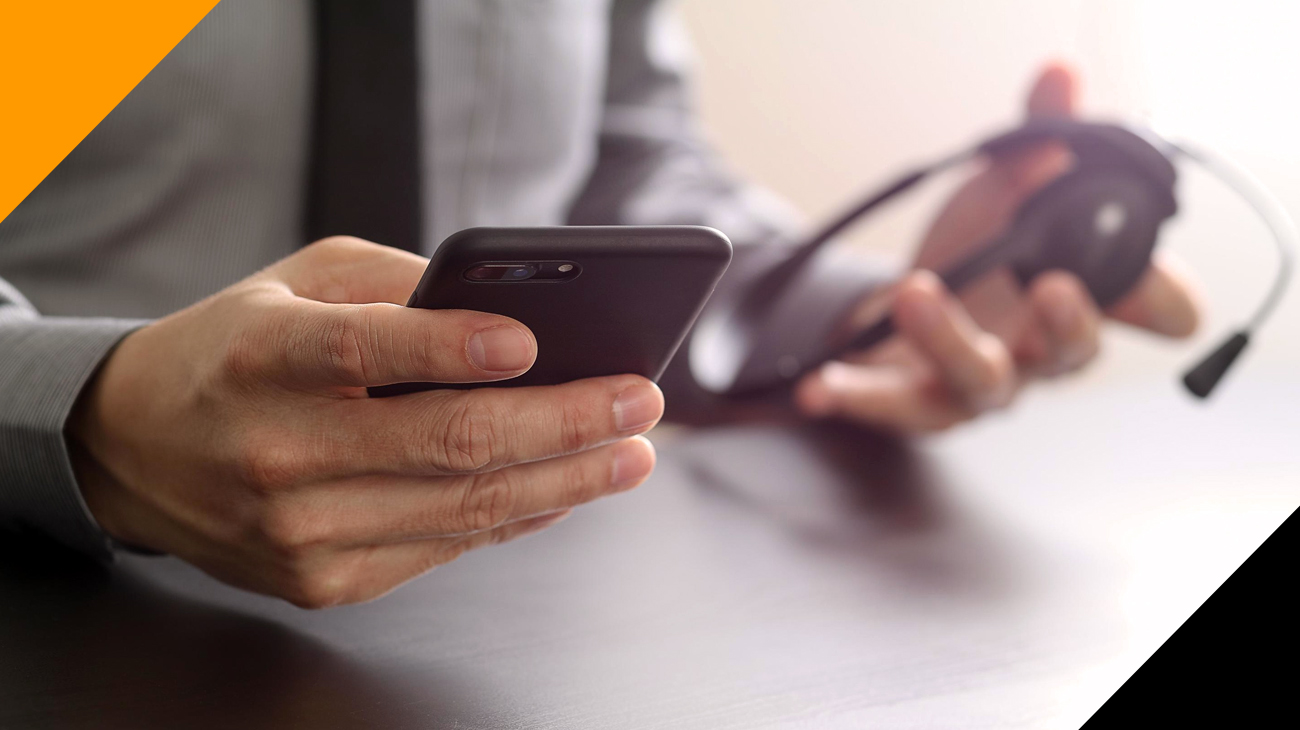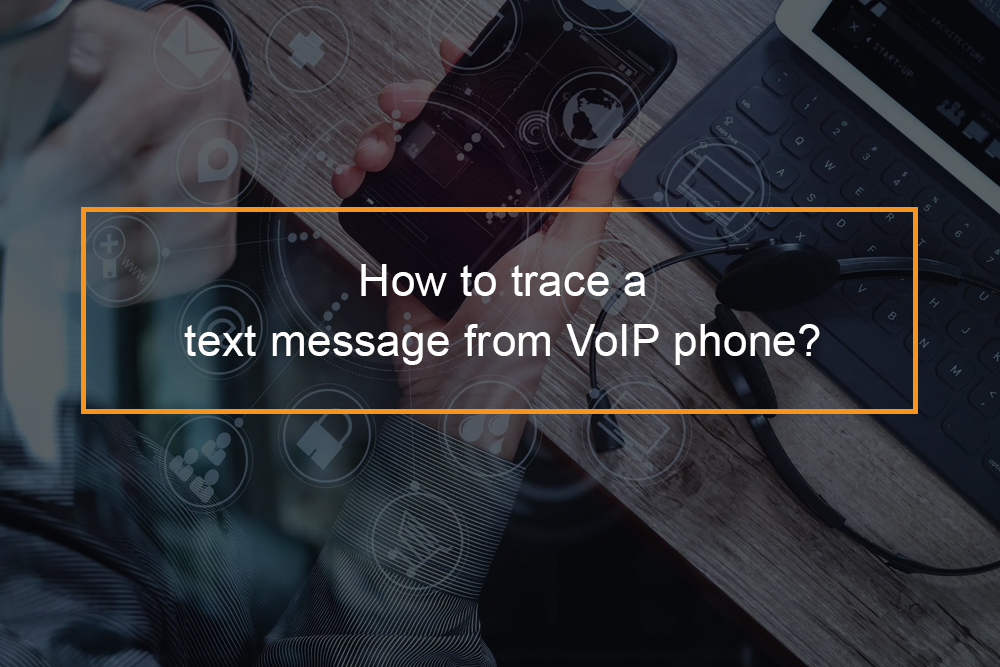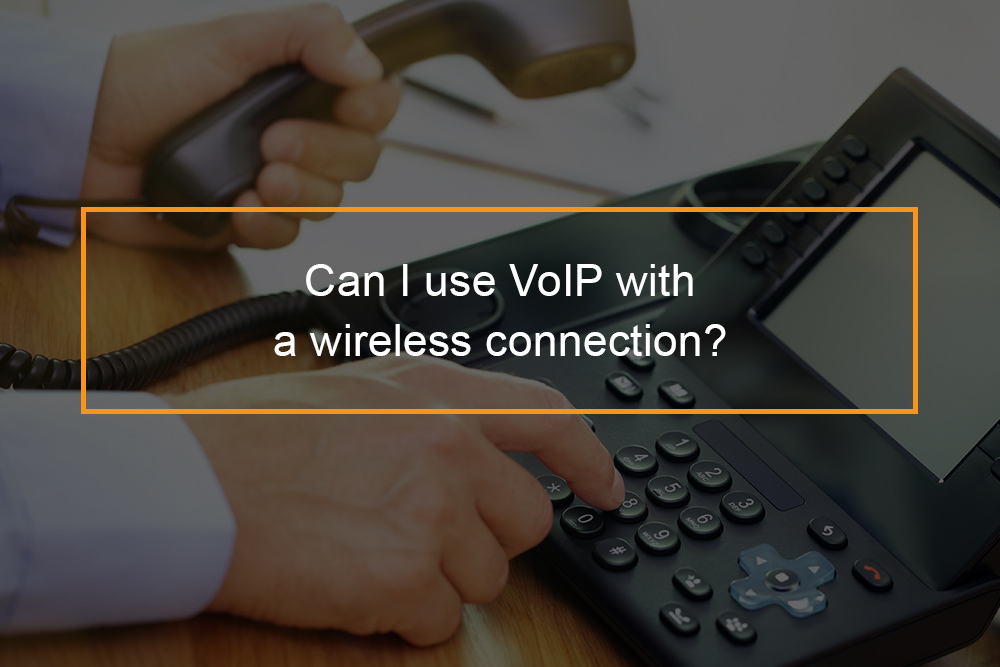Can an Employer Monitor and Record Phone Calls?
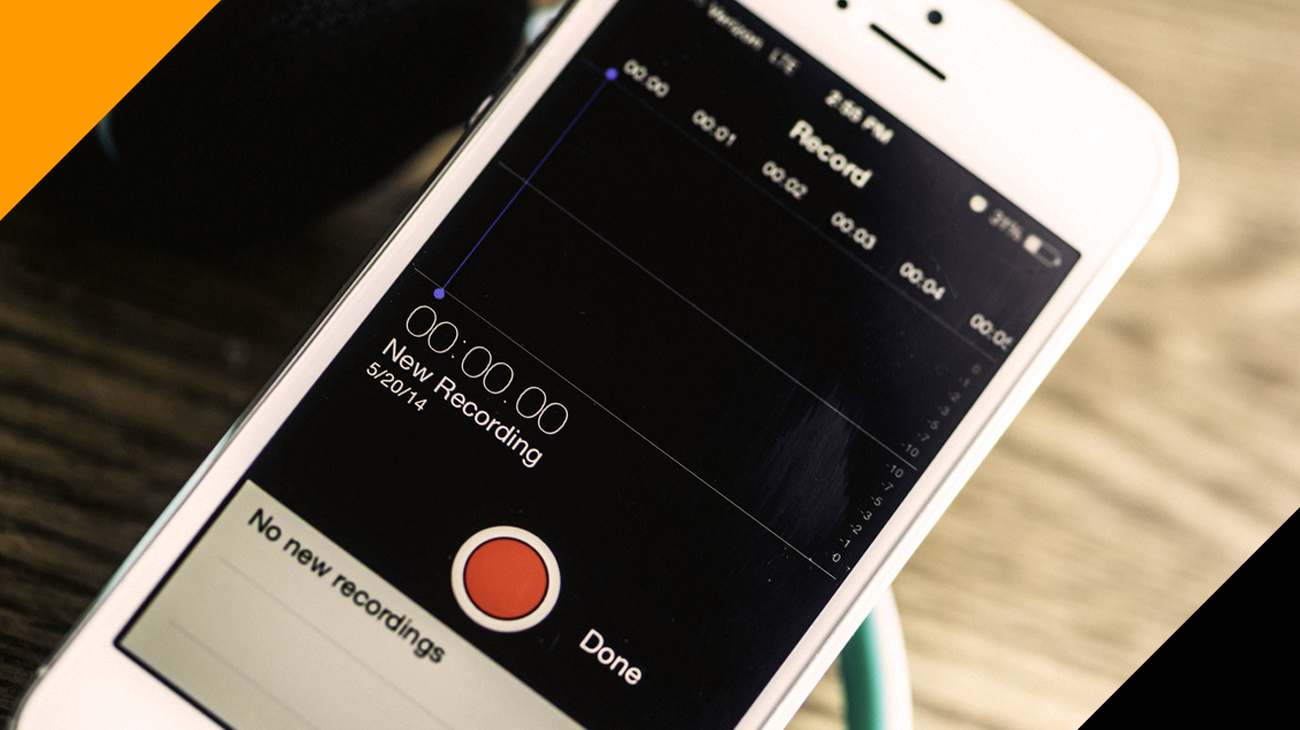
Recording and Monitoring Calls
If phone calls are recorded or monitored in film, the scenario usually shows government officers in vans with blacked-out windows, with a variety of electronic devices that are listening and recording conversations on phones or recording calls in which agents are also participating. But real life isn’t quite as simple.
Is monitoring phone calls illegal? This article outlines the fundamental guidelines for monitoring employee phone calls and recordings at the workplace.
Table of Contents
Is Monitoring Phone Calls Illegal?
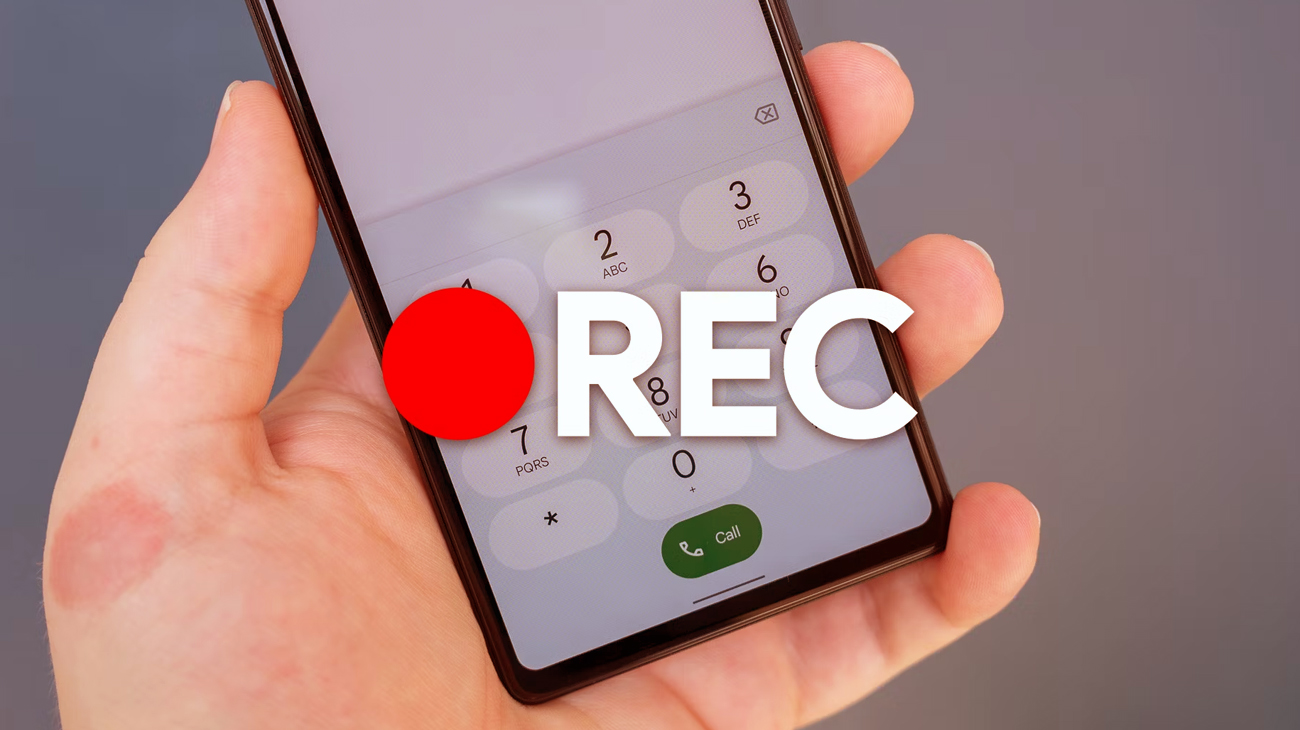
Is Monitoring Phone Calls Illegal? In general, it’s legally permissible for employers to observe the business calls made to and from their premises. For instance, they can use it to determine how good their customer services are. However the federal law known as that is the Electronic Communications Privacy Act, also known as ECPA (18 U.S.C. SS SS 2510 to 2720) sets out some significant restrictions on this right. The ECPA limits individuals and businesses (including employers) from capturing oral, wire, as well as electronic communication.
According to the Act that applies, even if the call is monitored for business purposes and is lawful, should a private call be received, an employer is required to end the call when they realize the call is private. Employers can monitor a private call only if the employee is aware that the phone is being monitored and the employee agrees to the monitoring.
While the federal law is said to place some significant limitations on employers’ rights to monitor telephone calls, certain state laws provide additional safeguards. Some of them have, for example, that not just the employee, but also the person at the other side of the telephone must be informed about and agree to the monitoring of calls.
In spite of these legal restrictions, the fact is that employers are able to monitor employees’ calls. Many employees’ representatives claim that the amount of eavesdroppers is rising.
Can you record a phone call without the other person knowing?
There are federal laws that govern laws that govern recording and monitoring phone conversations and conversations. This is also referred to by the term “wiretapping.”
Conversations that concern questions or business issues involving government officials which could impact national security come with an array of laws that are different from conversations recorded by private individuals or businesses that are not government-related. Wiretapping is also the surveillance or recording of computer use such as email exchanges, wireless communications.
On the other hand recording calls between two persons or between a corporate representative and an individual may be protected under S18 U.S.C. 2511 (2)(d) that is commonly referred to by”the “one-party consent” law. The law requires at the very least one of the participants of the conversation is aware that the conversation will be recorded. This is a simple condition to fulfill when taking recordings for your personal conversations.
Phone Call Recording Laws
Although many states adhere to an Federal “one-party consent” law with regards to the requirements for recording phone conversations, a few states have passed laws that have more stringent rules. Within the U.S., there are 12 states that require agreement of the two parties whenever the conversation between two parties is recorded. Although these laws are referred to in the context of “two-party consent” laws, they require the consent of all parties involved in the call (such as the recording of a conference call that involves multiple participants) to allow the recording of a call to be legally legal.
| The fourteen states which need the consent of each person taking part in the phone call are: | |
|
|
|
|
|
|
|
|
|
|
|
|
|
|
Some states require that all participants to the call sign an explicit written or verbal approval prior to recording calls before recording begins, other states do not. Certain states believe consent is implied when a person who is on the phone is informed that the call has been recorded, and then continues to take part within the discussion. Furthermore, the majority of the states listed above have civil and criminal laws that are in place to pursue the parties who are in violation.
When recording interstate calls or conference calls in which both parties are in different states, it is possible to seek the permission of each party before recording. This will ensure that you adhere to the laws governing recording in every state, and protects your rights from litigation.
What is ECPA?
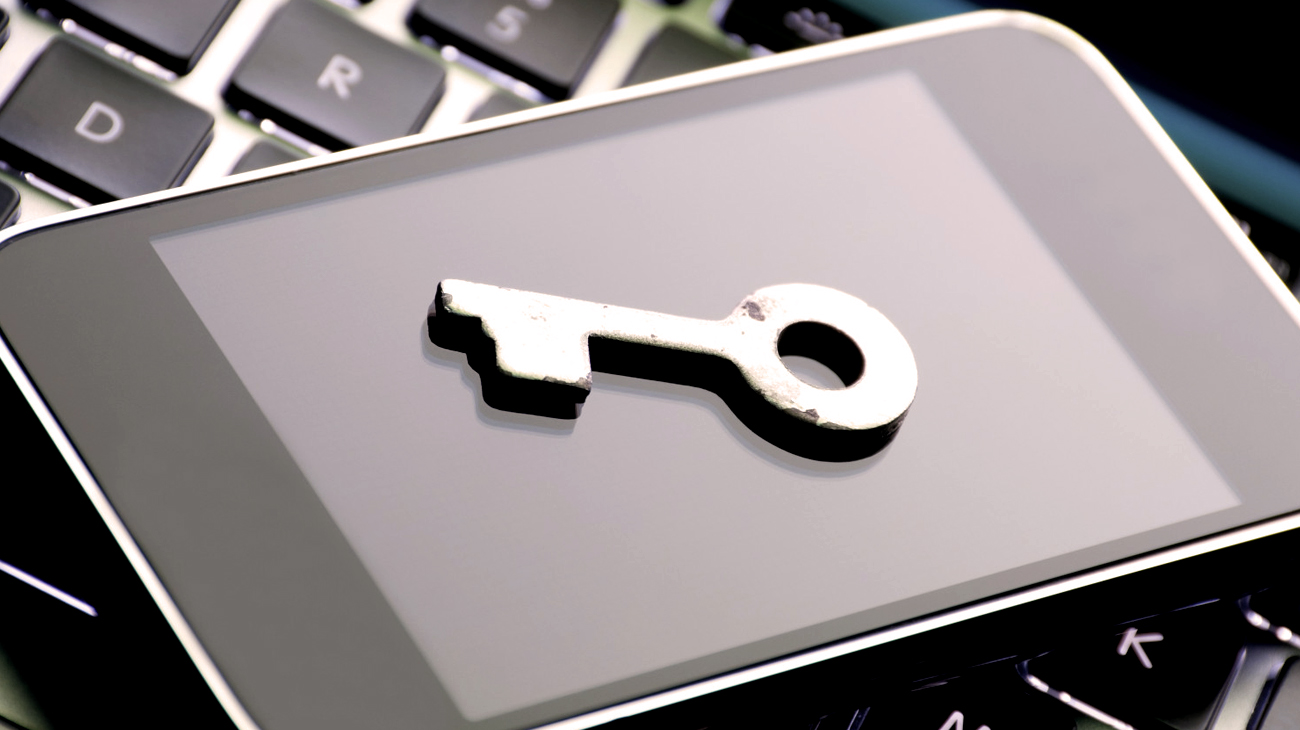
The ECPA is an act of the federal government that imposes specific restrictions for monitoring emails calls, phone conversations, and information stored on electronic devices while conversations are in progress and are in transit and even when they are stored on computers. The law generally limits the monitoring and intercept of wire, oral and electronic communications, except when certain requirements, like the legitimate business motive and the consent of an employee to monitor, are satisfied.
Additionally, some states have laws that govern workplace monitoring. Some, for instance, stipulate that employers must give employees advance written notice of any monitoring they wish to conduct in the workplace. Court decisions regarding common laws related to the privacy rights of employees could influence how and whether monitoring of workplaces is permitted.
ECPA also prevents a person from divulging any information gathered in violation of the law if the individual has reason to believe that the information was obtained illegally via the intercept of a wire or oral communication. Also, if someone is not legally able to disclose a lawful police wiretapping, there is a reason to believe that doing so would hinder the criminal investigation.
What are the exceptions to the Electronic Communication Privacy Act (ECPA)?
There are numerous obvious variations to this rule.
- Business Equipment – Employees have no privacy rights when using equipment provided by the employer to communicate.
- Security – Employers may carry out an appropriate monitoring program of employees’ communications in the interest of the security of operations or for operational excellence. The most effective way to comply with the law is to inform employees of any surveillance of communications.
Limits to Employee Monitoring
Employers aren’t permitted to listen or record conversations between employees without the permission of the individuals involved. The Electronic Communications Privacy Act (ECPA) permits employers to monitor business calls, however they are not permitted to listen or record private conversations.
Frequently Asked Questions
Is it illegal to record phone calls in california?
In general In California it is illegal to record conversations without the other party’s consent. However, this evidence can prove admissible for criminal proceedings even if the conversation was not legally recorded.
California’s law on wiretapping is one of the “two-party consent” laws. California is a criminal offense to record or eavesdrop any private communications, including the private conversation or phone conversation, but without permission of all parties involved in the conversation. See Cal. Penal Code SS 632. The statute is applicable for “confidential communications” — i.e. conversations where either party can reasonably be assured that nobody is watching or listening to the conversation.
If you’re recording an individual without their permission in a semi-public or public location, such as a street or public restaurant, then the person you’re recording might be unable to have “an objectively reasonable expectation that no one is listening in or overhearing the conversation,” and the sanity of this expectation will depend on the specific facts. Thus, you should not think that you’re in good standing only because you’re in a public space.
If you’re in California You must obtain the permission of all parties prior to recording any conversations that common sense suggests is “private” or “confidential.” Additionally, in addition to exposing yourself to criminal charges in violation of the California wiretapping law could expose you to civil suit to recover damages from an injured person.
What does “this call may be monitored or recorded for quality assurance purposes” mean?
Short answer: A person of”Quality Control” or the “Quality Assurance” department reviews the recordings of your conversation and your Customer Service employee to determine whether that Customer Service employee followed the procedures they were expected to adhere to while talking to you. Your call is recorded to provide evidence for the QA personnel to examine.
More information: “Quality Assurance” refers to the inspection or audit of the procedures or processes that are essential to the production or the delivery of goods and services to clients to find out if the procedure was adhered to or not. In order to conduct Quality Assurance an organization must be able to verify the existence of documents. The outcome of the quality assurance will be determined by what degree customers service has complied with the procedures expected.
Your call will be recorded so that Quality Assurance personnel could, at a later date look back at the interactions with the service representative with the customer to determine how much the customer service team has adhered to the guidelines they were expected to have adhered to.


